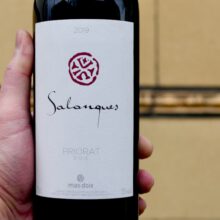
Product information
Mas Doix ‘Salanques’ Garnatxa 2019
$160
Description
Another Priorat with restraint, this is a very good example of subtle oak handling and how it can add to a wine by just playing around the edges. Energy and depth of fruit with mineral acid and a slatey mouthfeel. Very fine long, savoury and dark with great length. Baking spices, red fruit pops, incredibly even and long.
In stock
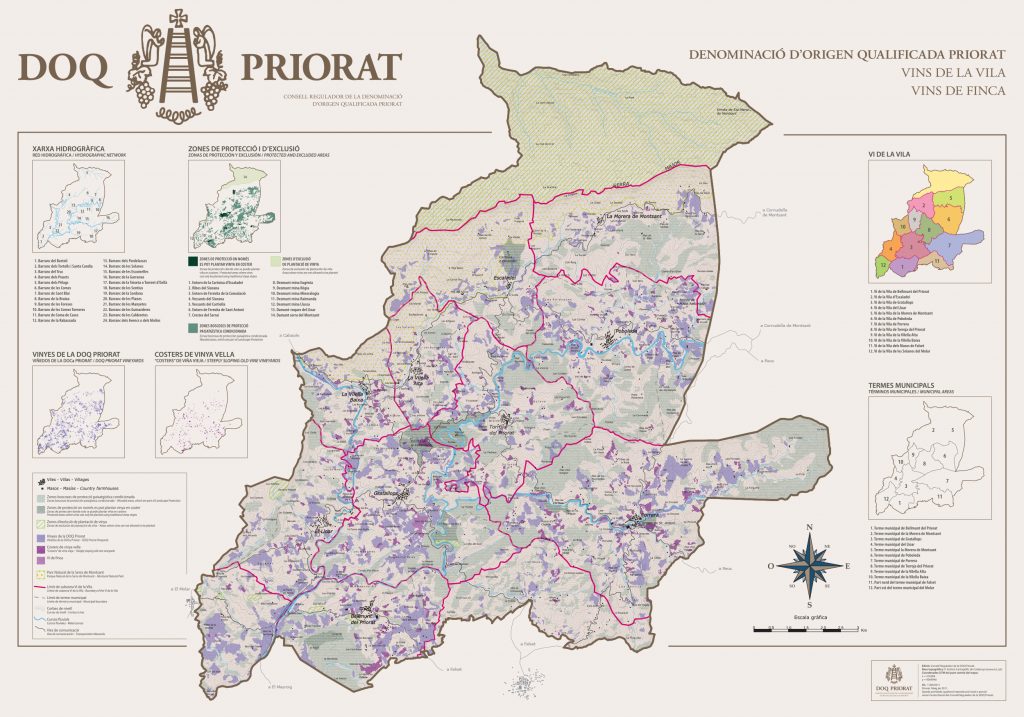

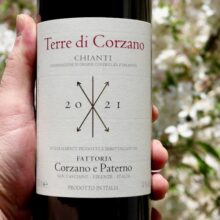
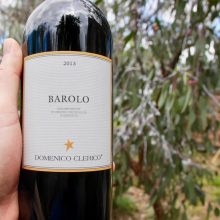
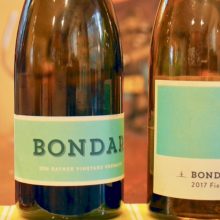
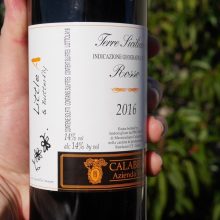
You must be logged in to post a comment.